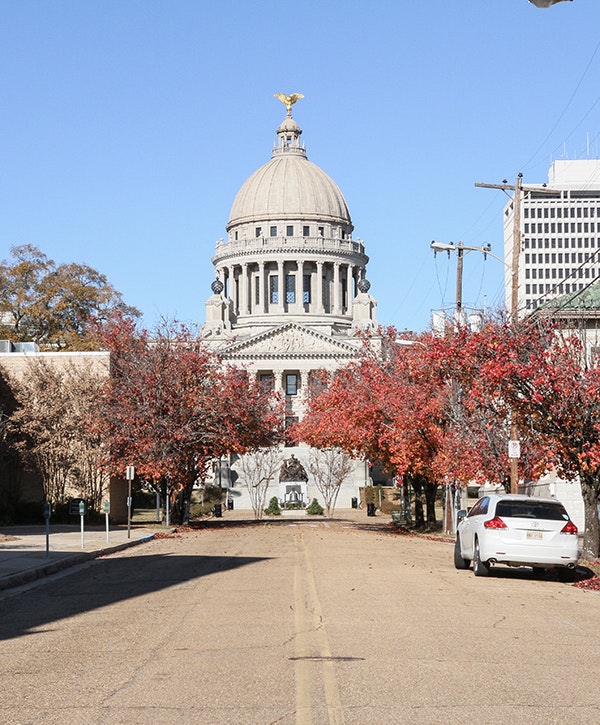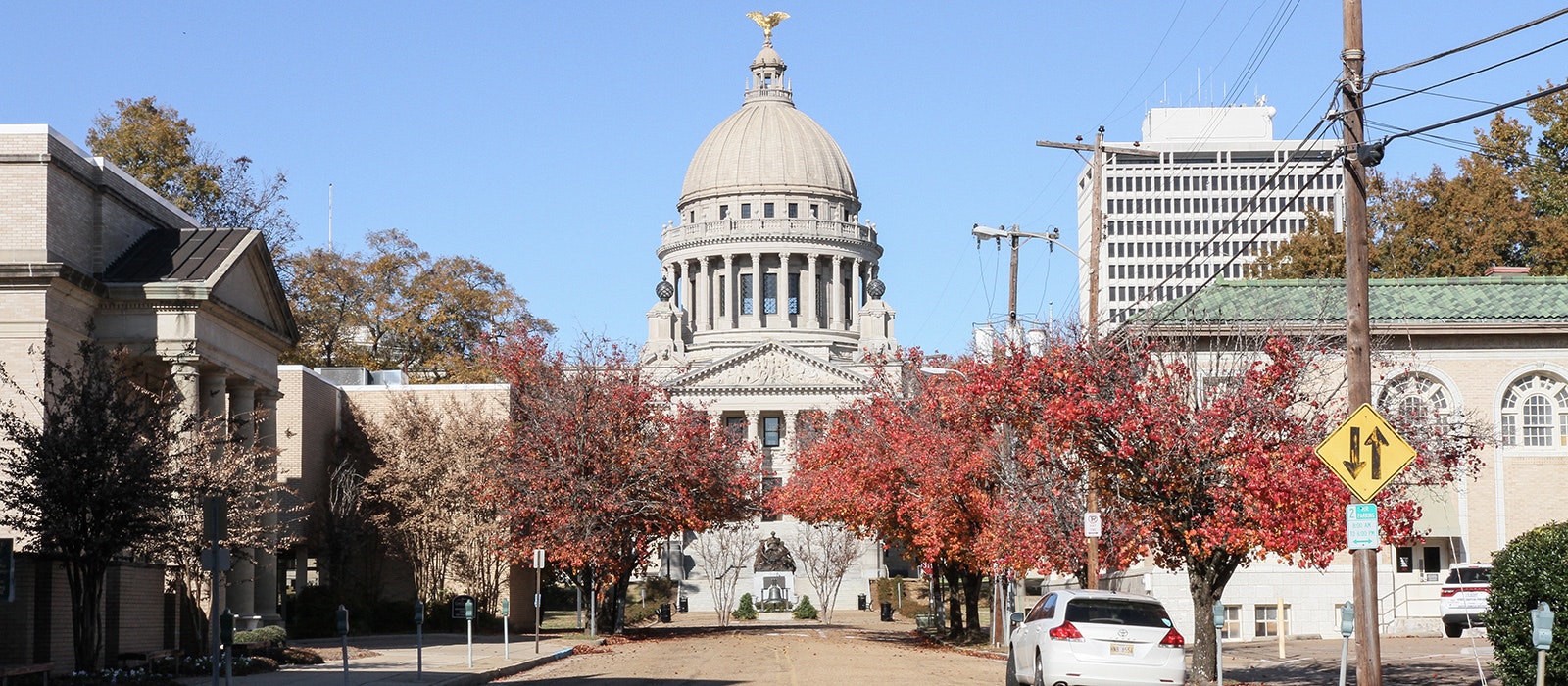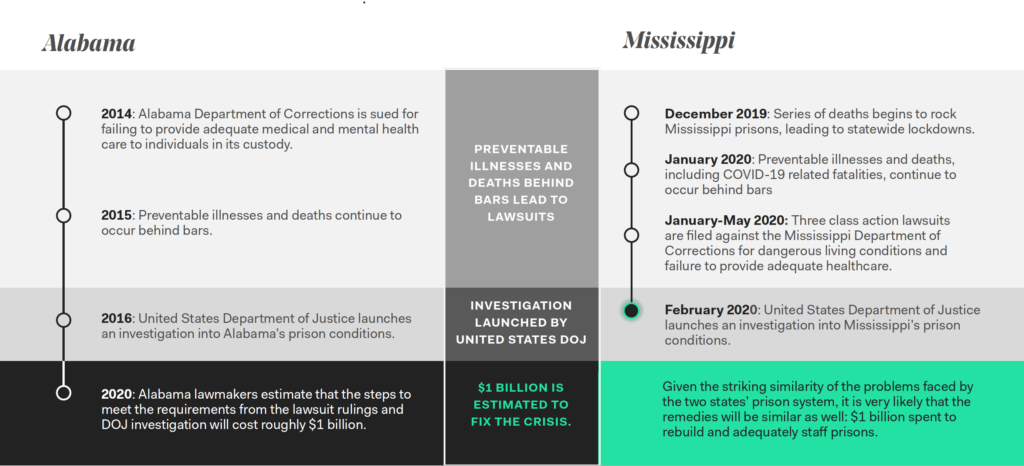If Mississippi lawmakers don’t act quickly, the state may lose control of its prison system to federal authorities, costing taxpayers
untold sums while people continue to suffer and die behind bars. Neighboring Alabama provides a cautionary tale of the costs of
inaction. After several lawsuits and a federal investigation into its prison conditions, Alabama is slated to spend nearly $1 billion
addressing its crisis. It’s not too late for Mississippi to avoid this fate, but lawmakers must take immediate steps to reduce the
state’s dangerously high prison population.
The Costs of Inaction: How Mississippi Can Learn From Alabama’s Experience


“After several lawsuits and a federal investigation into its prison conditions, Alabama is slated to spend nearly $1 billion
addressing its crisis.”
What happened in Alabama?
In 2014, Alabama’s prison system was rocked by a spate of illness and death behind bars. Lives were lost to unsanitary conditions, preventable and treatable diseases, and suicide. As a result, the Alabama Department of Corrections was sued in federal court for failing to provide adequate medical and mental health care to individuals in its custody. As that lawsuit slowly unfolded in court, Alabama’s prison population remained stubbornly high and conditions worsened behind bars, with record high-levels of violence and suicide. In 2016, the United States Department of Justice launched an investigation into the state’s prison system. When they released their findings three years later, DOJ officials stated that they “found reasonable cause to believe that Alabama fails to provide constitutionally adequate conditions and that prisoners experience serious harm, including deadly harm, as a result.” Both the federal lawsuit and investigation lay the blame for this harm on overcrowded and understaffed prisons as well as dangerously deteriorated facilities. Lawmakers peg the expected cost to remedy these issues at roughly $1 billion, between construction and staff costs.
“Mississippi’s prison system has followed a tragically similar trajectory to Alabama’s.”
What does this have to do with Mississippi?
Mississippi’s prison system has followed a tragically similar trajectory to Alabama’s. The state has faced multiple lawsuits about unconstitutional conditions at East Mississippi Correctional Facility and Walnut Grove Correctional Facility in recent years. In 2019 and 2020, already high rates of illness and death behind bars skyrocketed. More than 70 people have died in Mississippi prisons since December 2019, many from preventable or treatable illness, suicide, or violence. Multiple class action lawsuits have been filed against the Department of Corrections in response to these deaths, and the United States Department of Justice recently announced it is launching an investigation into Mississippi’s prison system. Like Alabama, Mississippi’s prisons are understaffed and seriously dilapidated. Given the striking similarity of the problems faced by the two states’ prison system, which are of roughly equal size, it is very likely that the remedies will be similar as well: $1 billion spent to rebuild and adequately staff prisons that hold far too many people for far too long.
Similarities between Alabama and Mississippi's Prison System
What will those costs mean for Mississippi?
Mississippi is facing an economic shortfall, and the state does not have $1 billion to spare on unnecessary prison spending.
One billion dollars is equal to:
- 2.5x The annual public health budget
- 3x The annual corrections budget
- 21x The annual veterans affairs budget
- 23x The annual student financial aid budget for higher education
- 31x The annual legislative operations budget
One billion dollars is enough to:
How can this be prevented?
After months of deliberation, the state legislature took action and passed SB 2123, a bill that would help downsize the state’s dangerously high prison population, reducing both the likelihood of a federal takeover and the need for additional prison facilities and correctional officers. Unfortunately, the Governor vetoed this bill, leaving no legislative pathways to reduce the prison population at a moment of dire need. Mississippi's prisons are in crisis. Despite this setback, there is still time for lawmakers to pass reforms that will safely reduce the state's prison population and protect Mississippi families.
Tell the world; share this article via...
Get Involved
We need your help to move America forward. Learn what you can do.
